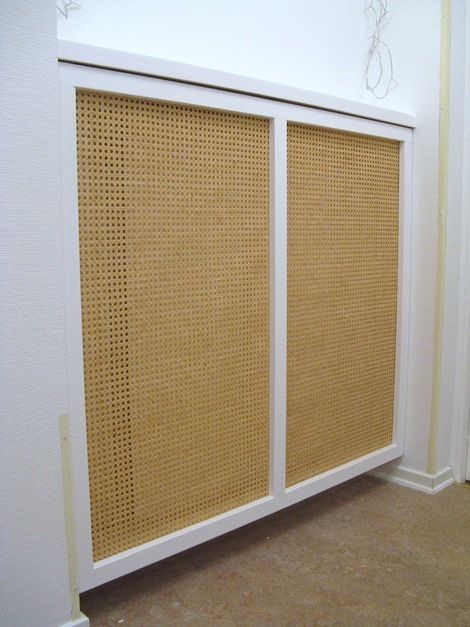More homeowners are adding pools to their gardens. These are an excellent source of exercise, entertainment, and relaxation, not to mention a good way to stay cool in the sweltering summer sun.
The only challenge for some people is trying to understand how to manage the chemicals to keep the water clean and healthy. The chemical maintenance is crucial for sanitizing and keeping the pool safe. Learn about swimming pool chemistry at https://poolresearch.com/swimming-pool-chemicals.

With a basic knowledge of how and when to incorporate the chemicals and why they’re needed, you will be able to swim. The pH and alkalinity need to be adequately balanced, and the chemical content needs to be tested for accuracy, or the pool can become slimy and grimy and develop nasty smells.
Types of Pool Chemicals to Keep the Water Clean and Safe
When adding a pool to the garden, it’s exciting knowing you’ll be able to have barbecues, evening get-togethers, or just relax for a quiet afternoon by the water. As with everything, it’s essential to keep the pool clean and sanitary. That means adding chemicals to the water in just the right amount.
While it can be intimidating in the beginning, once you develop a schedule, test a few times, and get the hang of balancing and getting the content right, it gradually grows to be commonplace for you. Read here for tips for safe handling of pool chemicals, and then look at a few of the standard chemicals most used when cleaning pool water.
· Chlorine
One of the chemicals that will need to be readily available is chlorine. It’s among the most critical of water care and upkeep. It’s important to understand that not all pools are created equal. Different-sized pools will require differing chemical levels to ensure a fresh smell and to sanitize.
This chemical eliminates bacteria and contaminants by neutralizing and oxidizing the matter. You can get it in either tablets or granules, but you’ll need to learn which your pool was set up to accept. Your pool manufacturer will supply a guideline relaying the schedule and level of chlorine to add to the pool.
· Bromine
Bromine is a possible alternative for chlorine, also known to ionize contaminants, but it’s slower to break down compared to chlorine.
A common issue with the chemical is the development of “bromamines,” wastes that can result in a need to shock the pool to rid it of the material. Bromine isn’t as recommended as chlorine, but it will depend on your water’s pH.
· Biguanide
This non-traditional chlorine-free sanitizing agent pulls the contaminants into water-soluble clumps, making them easier to remove. The product is more of an investment than either chlorine or bromine, but is less effective than those chemicals.
· Minerals
Pools that use mineral sanitizing processes incorporate copper and silver in part. This is typically a part of hot tub or spa maintenance instead of pool care but can sometimes be used with pools. The thing to understand is that the sanitization process is not complete.
Another component will need to be incorporated, like adding chlorine to finish the process. The nice thing about the mineral sanitization is that it leaves the water feeling incredibly soft, unlike any other chemical solution is capable of, allowing for a pleasant swimming experience.

· Shock
Shock is beneficial if the water gets cloudy, smells foul, gets oily, or bubbles develop. A variety of shock treatments are available, with most capable of stabilizing the water. Check out Watson’s above ground opening pool chemicals for pool chemical examples.
A typical schedule for shocks is roughly once each week to maintain pH balance, but it can be used if you notice an algae growth or there’s another issue that requires an added treatment.
When opening the pool after winter or an extended vacation, these will likely be necessary to get the water back to a balanced state. They won’t be a standard maintenance product. The more products you have available, the easier and faster it will be to handle issues with the system.
Reading the manufacturer’s guide will help you decide the most important products to have on hand, and speaking with a pool service technician can give you insight into the solutions that are less common but beneficial.
Final Thought
The pool water testing and chemical application could be complex and overwhelming in the beginning. As you become more comfortable and it becomes repetitive, the chore will slowly begin to make more sense and become easier as time goes on.
If It’s a source of frustration or you find it too difficult, speak with your pool service tech for further guidance on testing and some instructions to help make the chemical application more straightforward.
You can also work with professional pool maintenance services to handle the care and upkeep if you like. You could develop an understanding of the processes the more you watch them carry out the tasks.


